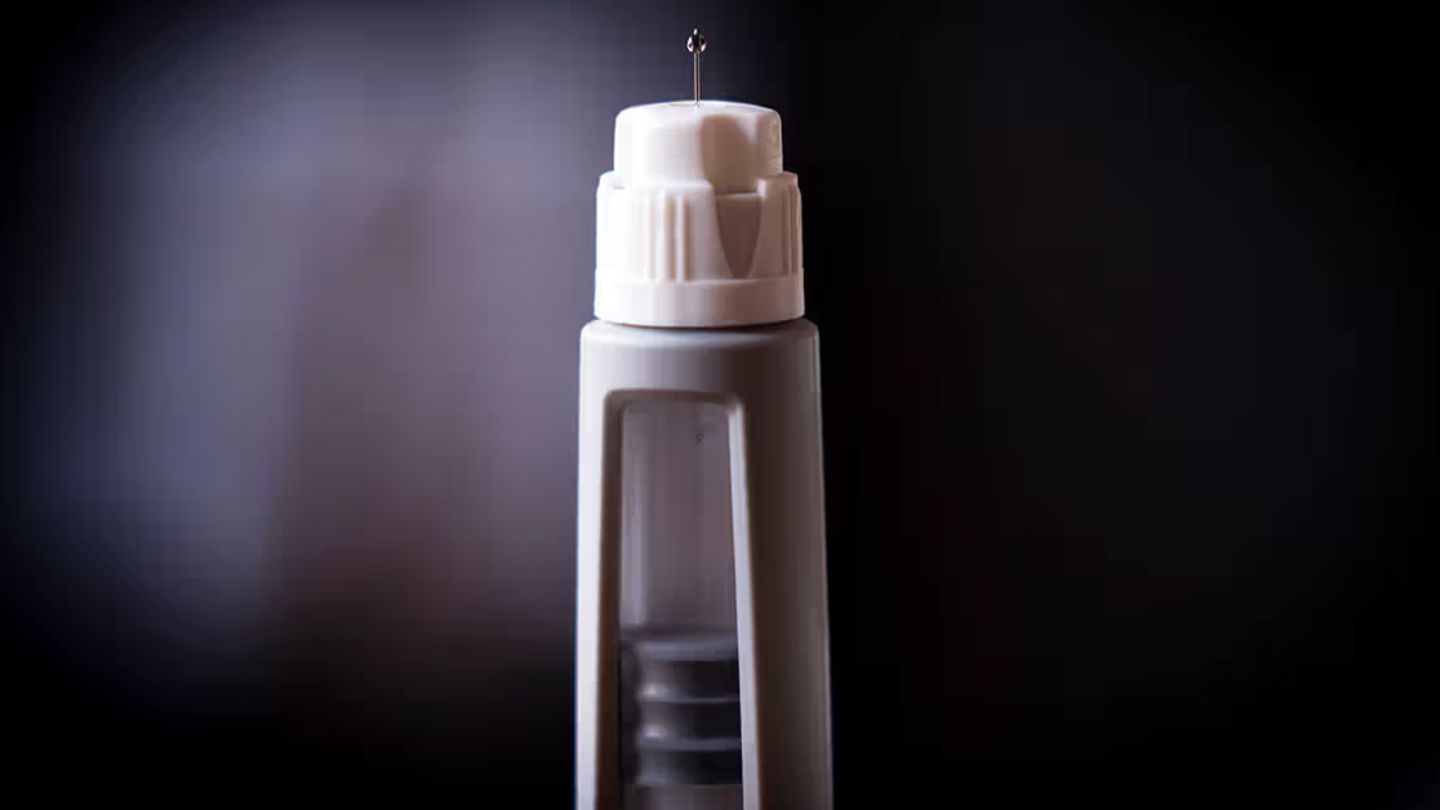American teens are turning increasingly toward Wegovy—a weight-loss drug originally designed for adults. Prescriptions have risen sharply, from 9.9 per 10,000 teens to 17.3 per 10,000 in recent years. And with the ongoing teen obesity epidemic in the U.S., that number is expected to keep climbing. But is it safe to use a drug originally developed for adults in children? And what do we actually know so far?
What is Wegovy?
Wegovy is the brand name for semaglutide, a medication that mimics a natural hormone in the body called GLP-1 (glucagon-like peptide-1). This hormone helps regulate appetite by signaling to the brain that you’re full and slowing down digestion. In simpler terms, it’s like putting a dimmer switch on your hunger—your brain gets the message that you’re not as hungry as before.
The drug is injected weekly using a pen-like device. Side effects can include nausea, vomiting, and diarrhea.
Why Is Wegovy Being Prescribed to Kids?
Obesity in children isn’t just about lifestyle choices like eating habits or exercise—factors such as genetics, socioeconomic conditions, and family environments also play major roles. Some kids face obstacles that make traditional weight loss nearly impossible, even with support.
And childhood obesity isn’t just about appearances. It can lead to serious health issues like Type 2 diabetes, liver disease, sleep apnea, early puberty, and even depression. Before Wegovy, one of the few medical options available was bariatric surgery, which is expensive, risky, and not widely recommended for kids.
How Has Wegovy Helped?
Wegovy has shown real clinical benefits in children. In a 2022 clinical trial involving children aged 12 to 18, semaglutide led to an average 16% reduction in BMI, and improvements in cholesterol, blood sugar, and inflammation markers. This suggests the drug does more than help teens slim down—it may also prevent or slow the development of chronic disease.
What Are the Concerns?
Despite the promise, Wegovy isn’t without risks. One of the biggest concerns is that it may be a “forever drug.” Studies have shown that most patients regain a significant portion of the lost weight—up to two-thirds—within a year after stopping the drug. This raises the possibility that kids may need to stay on Wegovy for years, even decades.
Other concerns include:
Long-term unknowns: Wegovy is still relatively new, especially in teens, and long-term safety data is limited.
Nutritional risks: Some worry that eating less while still growing could lead to nutrient deficiencies, or even osteoporosis if not carefully managed.
Rare but serious side effects: Emerging reports link GLP-1 drugs like semaglutide to gastroparesis (delayed stomach emptying) or gut paralysis. While rare, this is being watched closely in pediatric patients.
Doctors emphasize that they prescribe Wegovy cautiously and only after other weight-loss strategies have failed. Pediatricians are also actively tracking young patients to study outcomes over time.
Final Thoughts
Wegovy may offer hope for teens struggling with obesity, but it’s still uncertain its long term effects. It’s a powerful tool—but one that needs to be used carefully, alongside lifestyle changes, and with eyes wide open about what we still don’t know.



